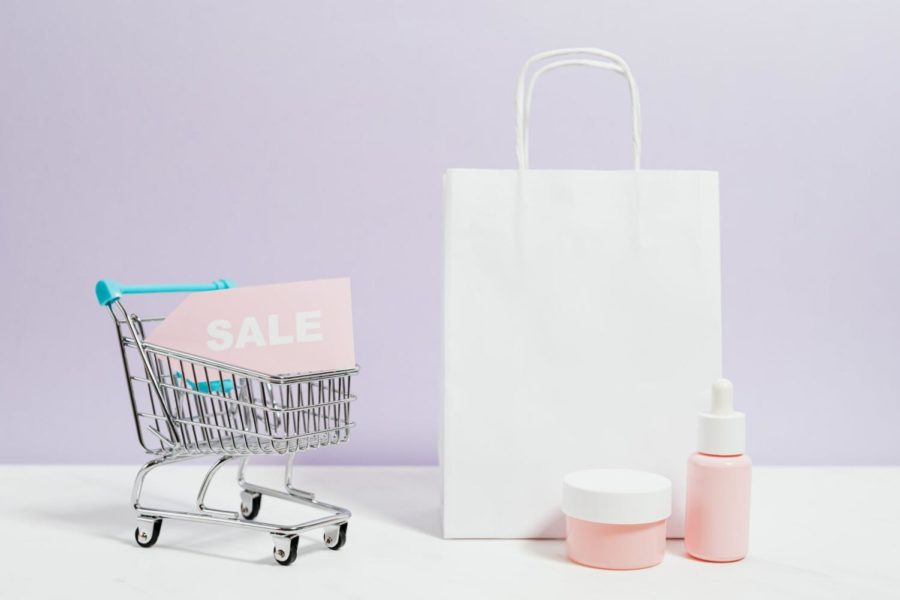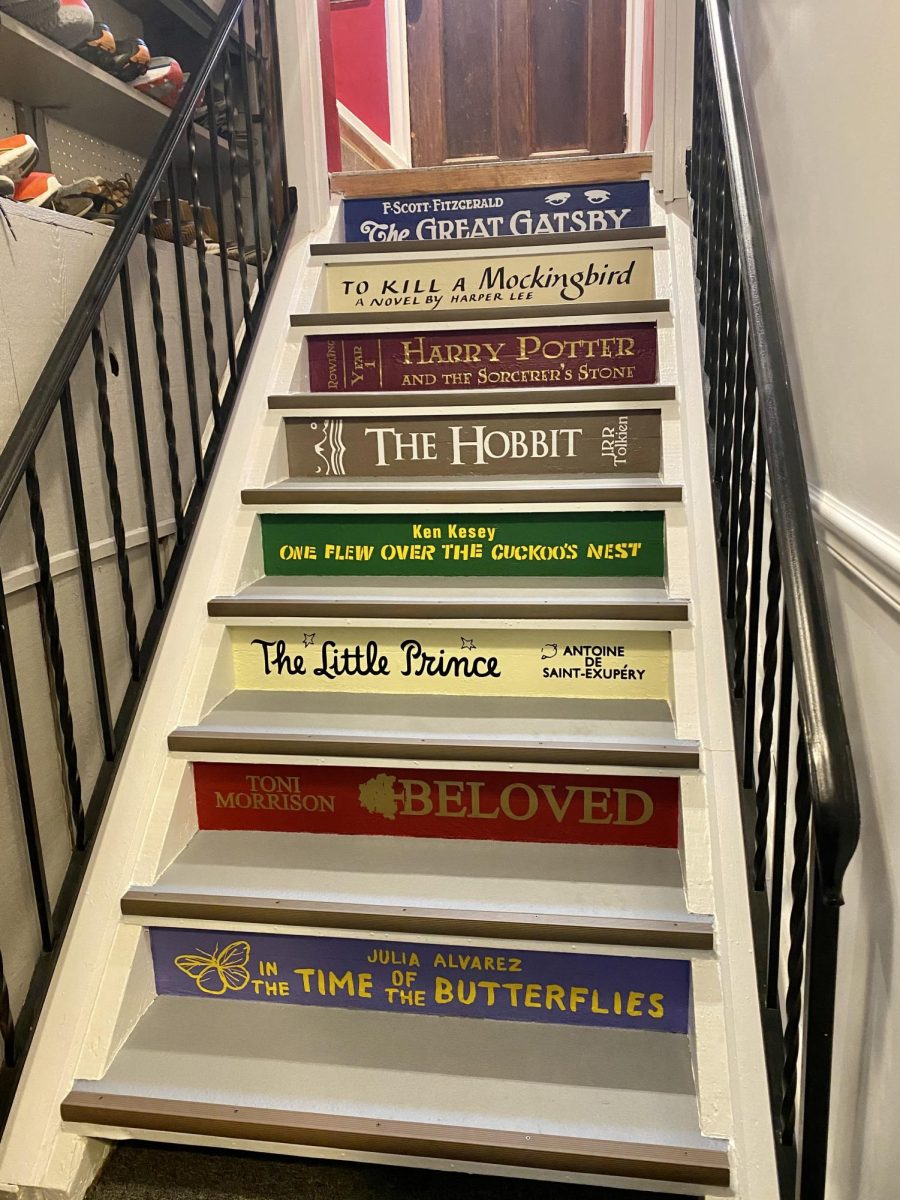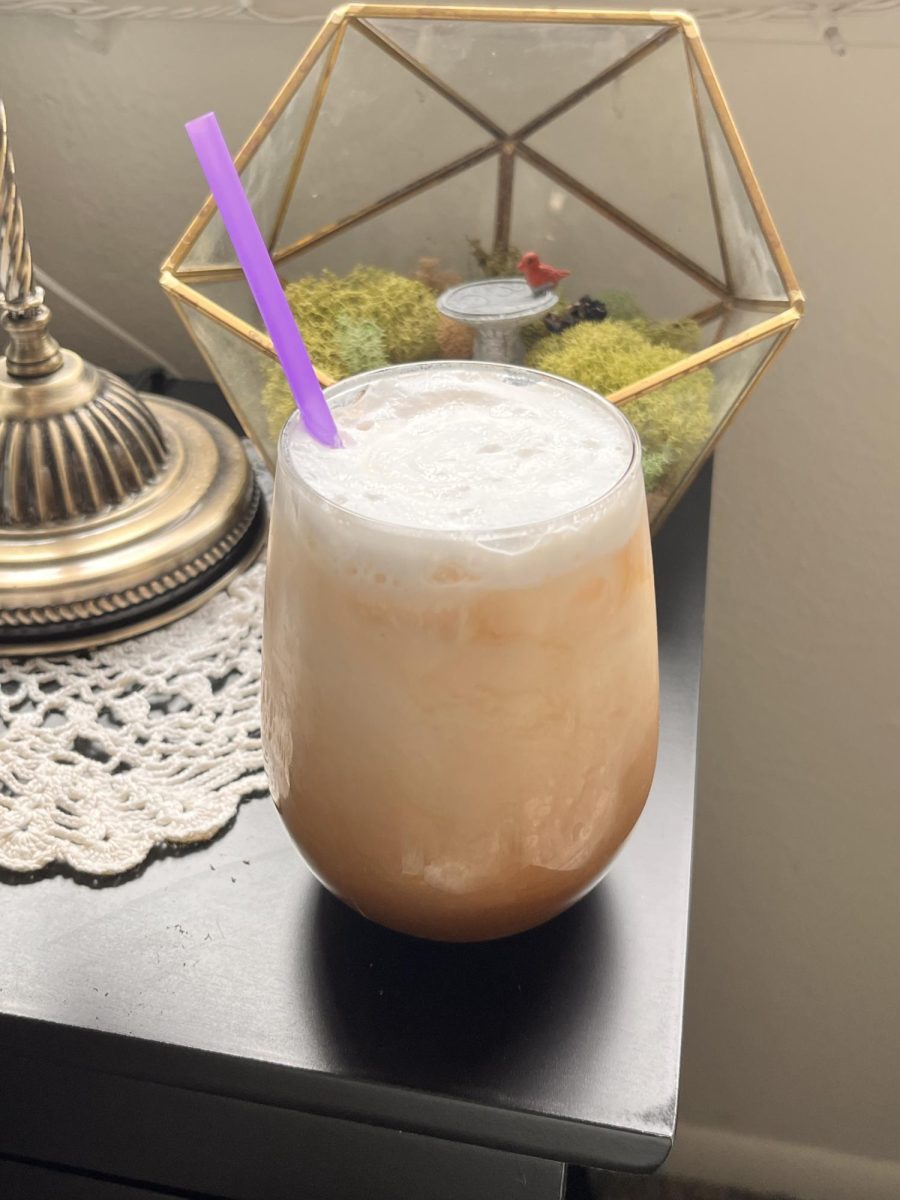A new trend on Tik Tok has risen in popularity: dupes. On the app, teenagers and influencers go into stores and playfully record the affordable alternatives they find to current trends.
Popular ‘dupes’ (duplicates) include less expensive items like e.l.f. Cosmetics’ Camo Concealer instead of the Tarte Shape Tape Concealer. Dupes have become popular beyond the beauty community, including the fashion industry and even the water bottles people use.
Before Covid, I remember people mocking items that weren’t name brand, calling them ‘knock-offs’ or ‘fakes’. When I noticed this emerging fad, I became fascinated by what seemed to be a positive shift towards ‘dupes’.What I really wanted to know was how the Skyline community felt about this shift. Was it just my optimistic perspective, or do other kids my age agree that there has been a productive change in attitude towards these so-called ‘knock-offs’?
Jorie Cho (‘23), Varsity Swimmer and avid thrifter, believes the attitude regarding cheaper alternatives for popular trends has changed for the better. She notes that people are more accepting of dupes now. She recalls placing more emphasis on the brands of her goods in middle school. Cho even owns some herself: dupe Nike Air Forces. The “quality of dupes has improved. I used to own a pair of fake Uggs that didn’t have the logo, whereas now, it is common for dupes to include a fake label.” Cho notes that she thinks the trend will remain; people nowadays are “less brand conscious” and shopping “is more about style,” as seen in other popular shopping trends like thrifting.
On the other hand, William Pace (‘24), Writing Center tutor and sports writer for The Skyline Post, was unfamiliar with the trend. He notes that brand consciousness was “definitely something [he] can recall in [his] middle school career.” He remembers the negative “feeling of having a trend that is not exactly…the name brand.” Although, when he “stopped caring about what other people’s opinions…were…[his] life got better.” His advice to others is to be less concerned about societal standards and focus more on personal preferences.
Waleska Castaneda-Martinez (‘23), Skyline Post Lifestyle Editor and Marshalls employee, has seen people in her place of work recording the trend. Specifically, Michael Kors’ handbags are commonly deemed dupes for other, more expensive luxury handbag brands in the store. She notes that it’s exciting to see people her age embrace affordable shopping. She has also seen dupes becoming more popular amongst her friends, explaining that sometimes she will ask her friends about something she wants, “let’s say Lululemon leggings, [and] they’ll say …there are other[s]…you can buy.’”
The social repercussions of this Tik Tok trend have echoed in the lives of Skyline youth: highschoolers owning dupes, suggesting dupes to friends, shopping based upon style rather than brand, and being more accepting. And while there are drawbacks to buying from more affordable companies, such as contributing to fast fashion, this may be the first step to creating a community of more conscious consumers.








